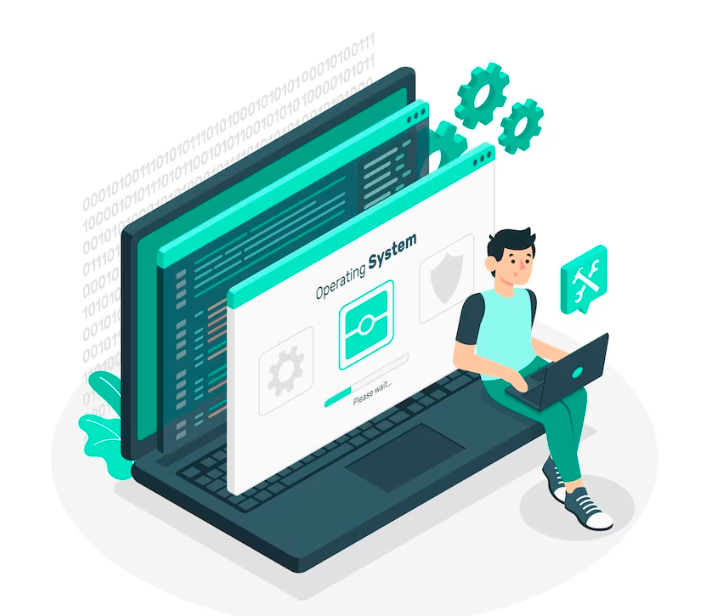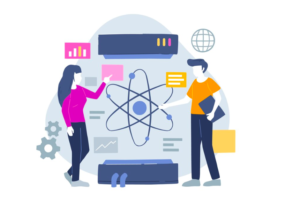In the ever-evolving landscape of technology, operating systems (OS) play a pivotal role in shaping our digital experiences. As we stand on the cusp of a new era, the future of operating systems promises to be transformative, offering innovations that redefine the way we interact with our devices. Let’s delve into the exciting developments that lie ahead, exploring the key features and advancements that will shape the operating systems of tomorrow.
Decentralized Operating Systems:
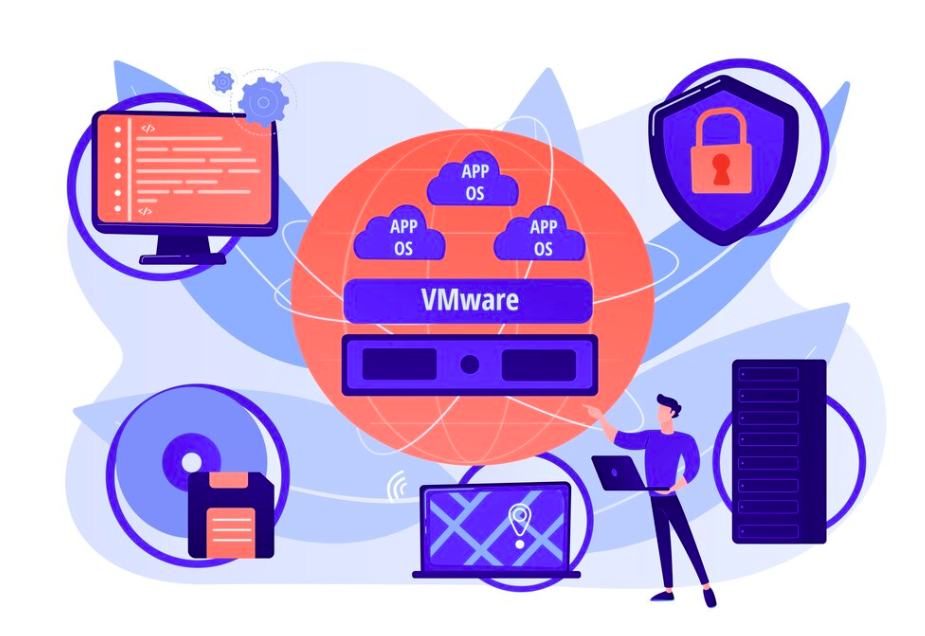
The rise of decentralized technologies, including blockchain, is poised to influence the future of operating systems. Decentralized operating systems aim to distribute computing power across a network, enhancing security and reducing dependency on centralized servers. Users can expect greater privacy, improved data ownership, and enhanced resistance to censorship, marking a significant shift from the traditional model.
Enhanced Security: Decentralized OS provides improved security by distributing data across a network, reducing the risk of centralized breaches.
Data Ownership: Users gain greater control and ownership of their data, minimizing the influence of centralized entities.
Censorship Resistance: The decentralized nature makes these systems more resilient to censorship, ensuring freedom of information flow.
AI-Powered Personalization:
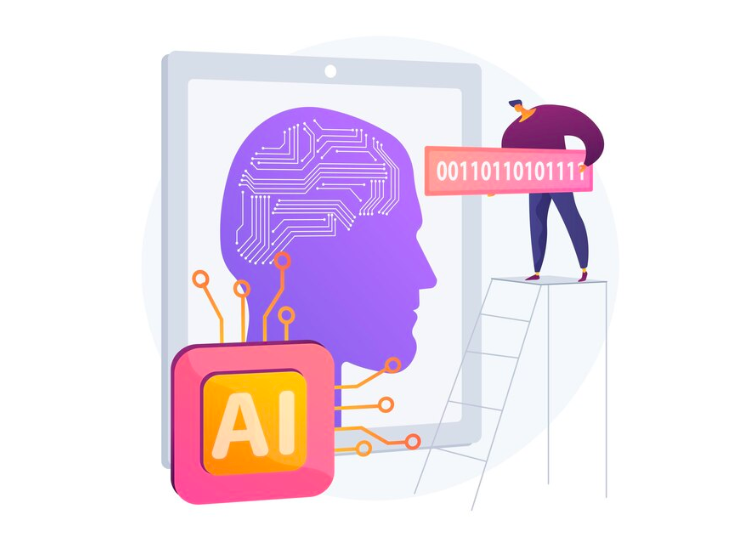
Artificial Intelligence (AI) will take center stage in the future of operating systems, providing users with highly personalized and adaptive interfaces. These systems will learn from user behaviors, preferences, and habits, tailoring the user experience in real-time. Imagine an OS that anticipates your needs, streamlining tasks and offering a seamless and intuitive interaction.
Real-Time Adaptation: AI algorithms continually learn from user behaviors, offering a personalized interface that adapts in real-time.
Intuitive Interaction: Users can anticipate and streamline tasks as the OS intelligently predicts preferences and suggests relevant actions.
User-Centric Design: The OS evolves to prioritize the user’s unique needs and preferences, creating a highly customized experience.
Augmented and Virtual Reality Integration:

The future OS will likely embrace augmented reality (AR) and virtual reality (VR) integration, creating immersive and engaging environments. Whether it’s for work, entertainment, or education, users can anticipate a seamless transition between the physical and digital worlds. This integration will redefine how we collaborate, learn, and entertain ourselves in ways we haven’t experienced before.
Immersive Experiences: AR and VR integration create immersive environments for work, education, and entertainment.
Seamless Transition: Users can seamlessly move between physical and digital worlds, fostering a more integrated digital lifestyle.
Collaborative Spaces: AR/VR OS facilitates new forms of collaboration, allowing users to interact in shared virtual spaces.
Cross-Device Synchronization:

As our lives become increasingly multi-device-centric, the future OS will prioritize seamless synchronization across various platforms. Imagine starting a task on your desktop and effortlessly continuing it on your tablet or smartphone. Cross-device synchronization will be integral, creating a unified and cohesive user experience across all connected devices.
Unified Experience: OS enables a consistent and unified user experience across various connected devices.
Effortless Transitions: Users can start tasks on one device and effortlessly continue on another, enhancing productivity and convenience.
Multi-Device Centricity: Reflects the evolving trend towards multi-device usage, recognizing the importance of seamless transitions.
Enhanced Security Protocols:

With the growing complexity of cyber threats, future operating systems will prioritize robust security measures. From advanced encryption algorithms to biometric authentication, users can expect heightened protection for their data and digital identity. Proactive threat detection and response mechanisms will become standard features, ensuring a safer computing environment.
Advanced Encryption: Future OS incorporates state-of-the-art encryption algorithms to safeguard sensitive data. b.
Biometric Authentication: Heightened security through biometric authentication methods, ensuring secure access to devices and data.
Proactive Threat Detection: OS includes robust measures for detecting and responding to potential cyber threats before they can cause harm.
Quantum Computing Integration:
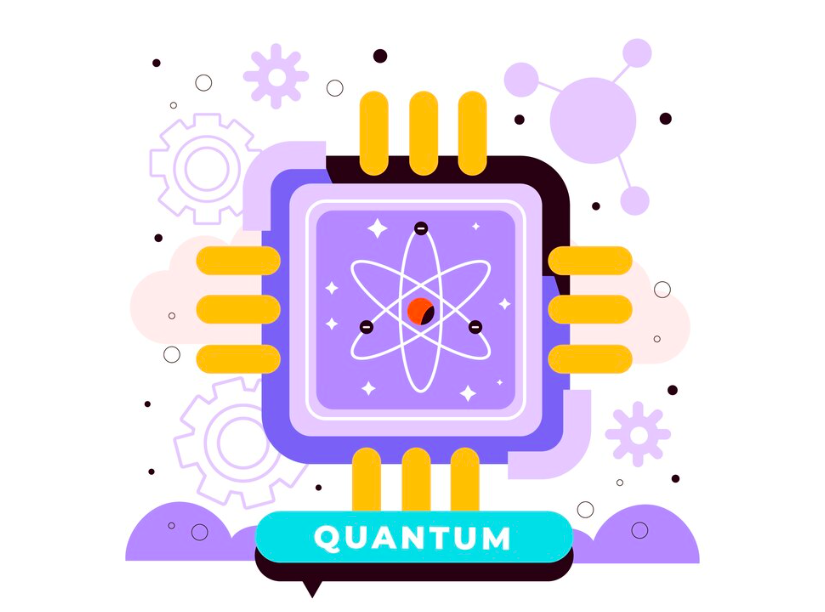
As quantum computing continues to advance, operating systems will need to adapt to harness the power of quantum processors. This paradigm shift will enable the processing of complex tasks at unprecedented speeds, revolutionizing computational capabilities and opening new frontiers in fields such as cryptography, optimization, and artificial intelligence.
Unprecedented Speeds: OS adapts to harness the incredible processing speeds of quantum computing for complex tasks.
Revolutionizing Capabilities: Quantum integration opens new frontiers in cryptography, optimization, and AI capabilities.
Next-Level Computational Power: Quantum-powered OS represents a paradigm shift, unlocking unparalleled computational potential.
The future of operating systems is a realm of limitless possibilities, where technological advancements promise to reshape the way we interact with our digital devices. From decentralized architectures to AI-driven personalization, the landscape is evolving rapidly. As we navigate this exciting future, the role of operating systems will be more crucial than ever, serving as the backbone of our connected and digitized world. Embrace the change, for the future of operating systems is a journey into a realm of innovation and transformation.


